Bigger Gains: Protein Shakes or Whole Food?
I have seen some debated and anecdotal recommendations revolving around whole food protein source being “better” than protein shakes. Regarding the word “better”, this usually revolves around outcome of improved hypertrophy in an offseason setting. So, lets shine some light on this question and leave the gym world to the nerd world.
Study:
A systematic review, meta-analysis and meta-regression of the effect of protein supplementation on resistance training-induced gains in muscle mass and strength in healthy adults. Morton et al 2020.
Methods: This was a meta-analysis, to determine if dietary protein supplementation induced gain in muscle mass and strength in combination with resistance training. Remember a meta-analysis is a study that combines the results of multiple studies for a statistical analysis, this is the strongest level of evidence we have. In this case, 49 studies were pooled for analysis, totaling 1863 subjects. Studies with caloric deficient were excluded.
Protein supplements Varying protein sources were used: 23 whey supplements, 7 whole food (egg, beef, yogurt), 1 pea protein, 10 milk products, 13 with protein blends. Mean protein intake for all studies was ~1.4g protein/kg/day. Average additional supplementation of protein was 35g per day.
Results:
For changes in FFM, dietary protein supplementation was more effective in resistance-trained individuals, less effective in older adults likely due to anabolic resistance.

The chart above illustrates that beyond protein intakes of ~1.6g/kg/day there was no further change in fat free mass regardless of protein source.
Conclusion:
The analysis showed that protein supplementation can improve hypertrophy outcomes in suboptimal protein intakes ~<1.6g/kg/day. If, protein intake is beyond 1.6g/kg/day the source is less of the concern and total intake meets an optimal threshold for fat free mass accrual.
The authors did not the protein intake of 1.6g/kg/day had a large confidence interval, so they gave a prudent recommendation for those wanting to optimize resistance training adaptations to consume at least protein intake of 2.2g/kg/day.
Practical Application:
Is this a home run for team it doesn’t matter the source, just eat enough protein? Well it never is quite that simple but based on the evidence the most important aspects to muscle gains are still a calorie surplus and the optimal total protein intake (1g/lb/day).
There is application of whole food sources beyond that of just muscle hypertrophy though:
- Satiety in whole food tend to be higher than a shake.
- Most important nutrition programming guideline is client adherence. So, if preference for a shake is what a client wants, let them have it.
- Another issue can be digestion. Some clients might not like training on a full stomach of steak, some might like it. Don’t want to puke after those squats.
- Meal timing might have a client eating just prior or post training, a shake can be convenient on the drive to or from the gym (back to adherence).
- Also, high food intake might make eating solid food a challenge and shake can ease the food volume.
- Eat a variety of protein sources for a variety of micronutrients. Food is comprised of more than just macros. An incomplete diet is one based around chicken and rice for every meal. Aim for 4 different types of protein each day.
Train Hard! Think Hard!
John Jewett MS RD IFBB Pro
Reference:
Morton RW, Murphy KT, McKellar SR, Schoenfeld BJ, Henselmans M, Helms E, Aragon AA, Devries MC, Banfield L, Krieger JW, Phillips SM. A systematic review, meta-analysis and meta-regression of the effect of protein supplementation on resistance training-induced gains in muscle mass and strength in healthy adults. Br J Sports Med. 2018 Mar;52(6):376-384. doi: 10.1136/bjsports-2017-097608. Epub 2017 Jul 11. Erratum in: Br J Sports Med. 2020 Oct;54(19):e7. PMID: 28698222; PMCID: PMC5867436.




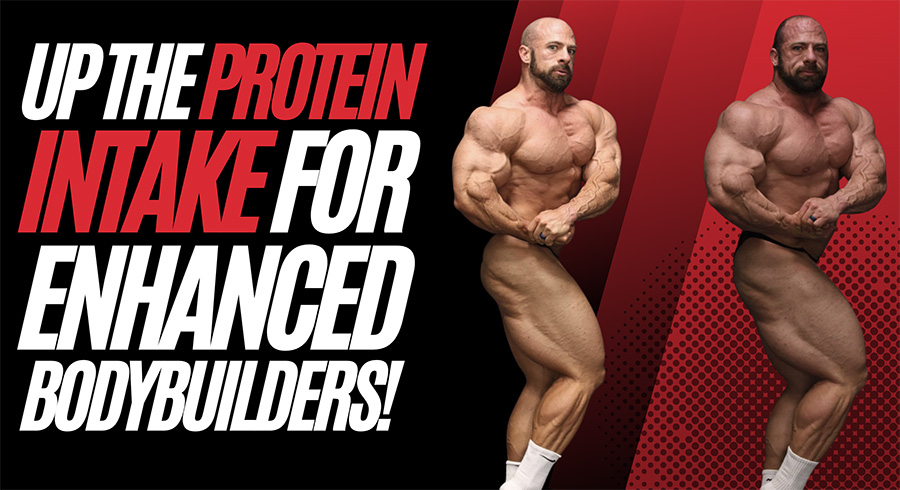
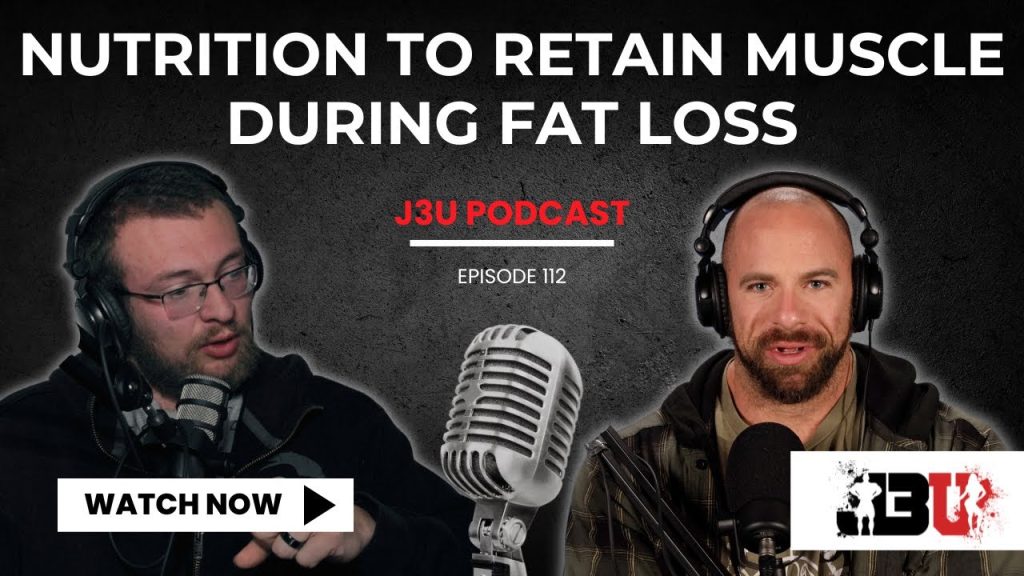

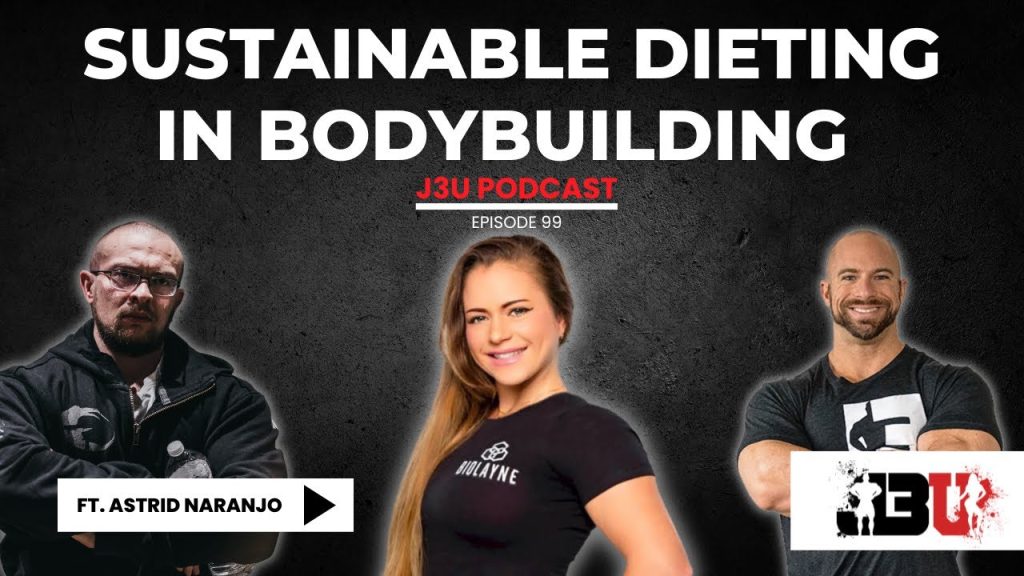
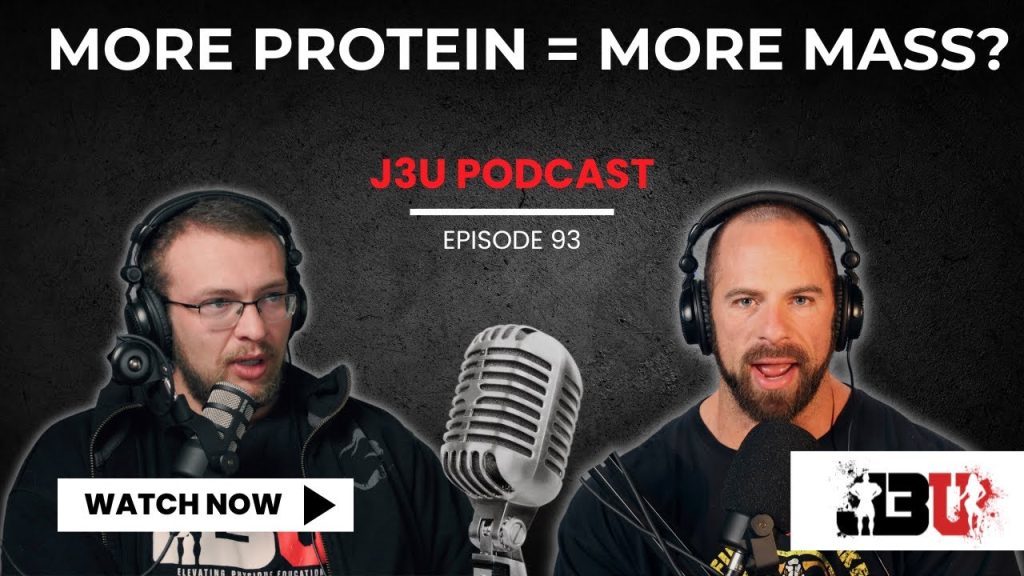
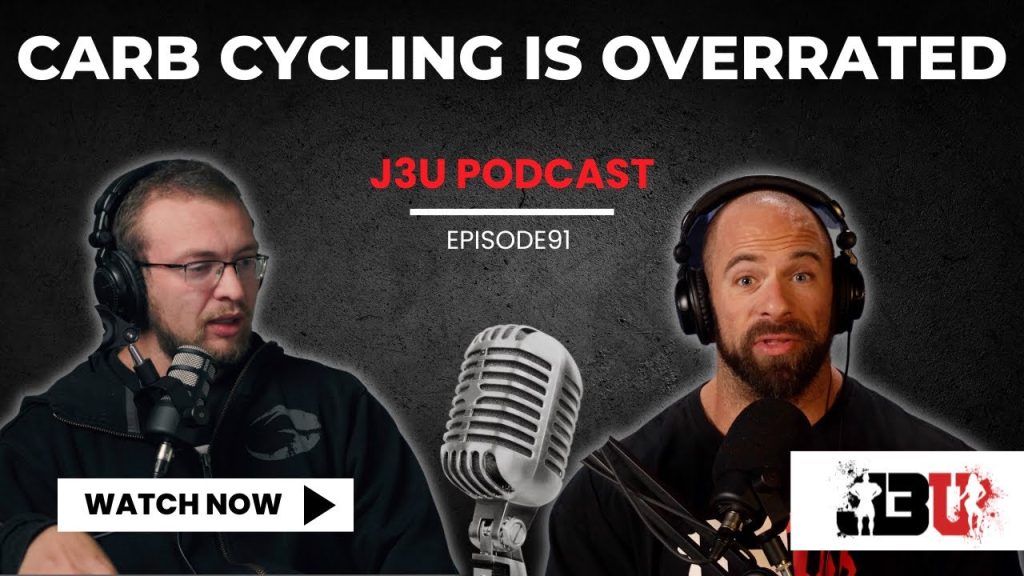
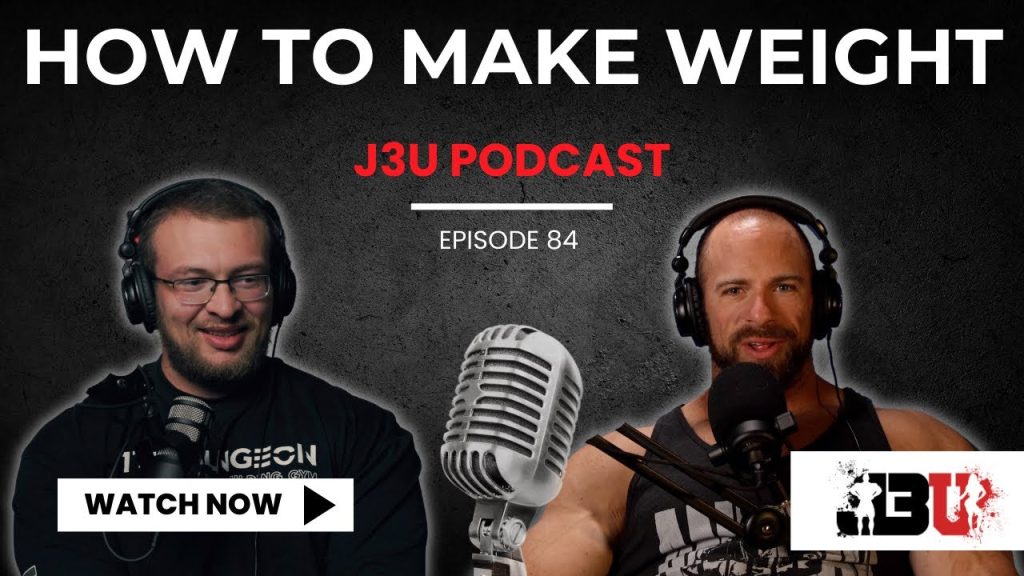



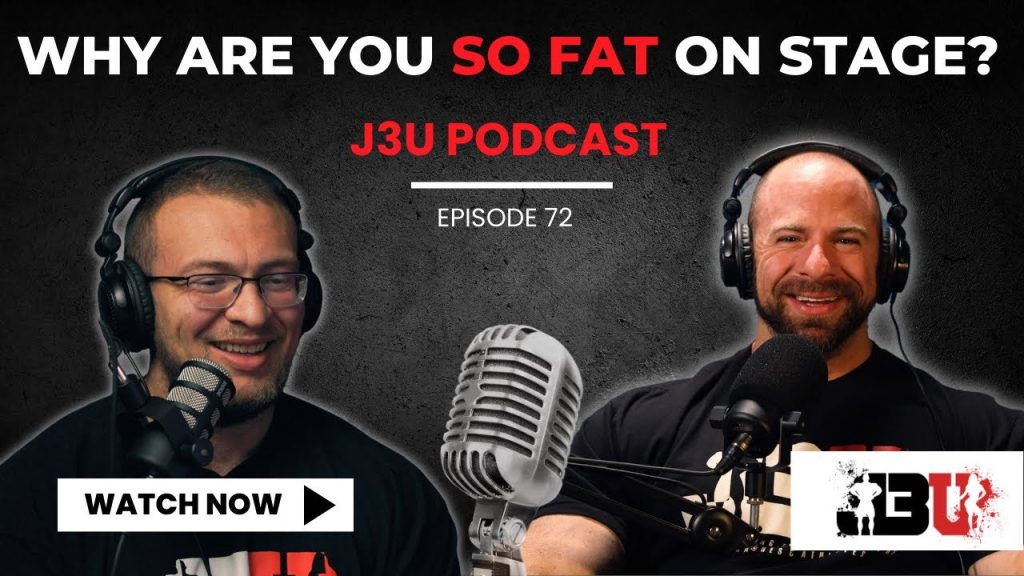
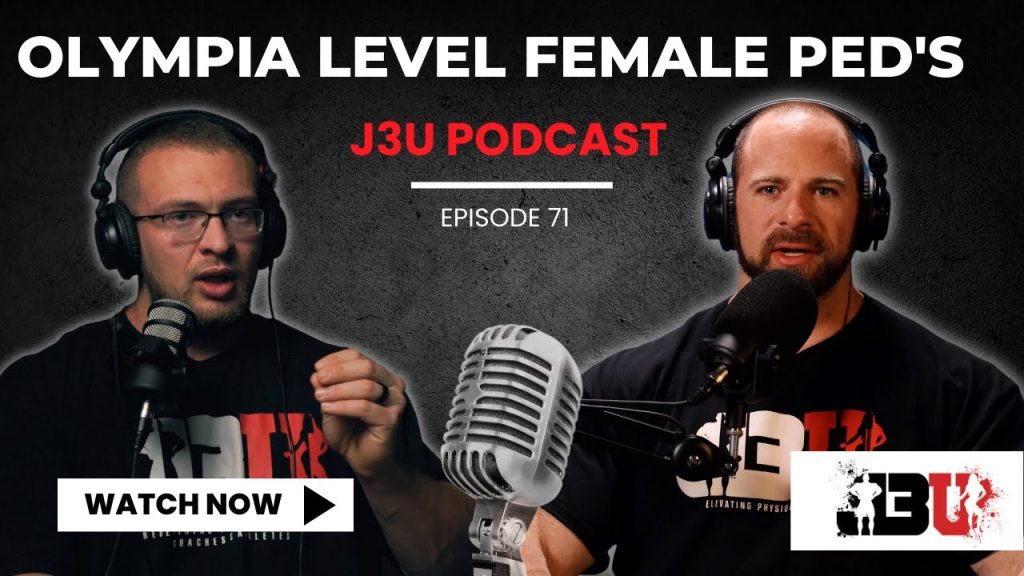
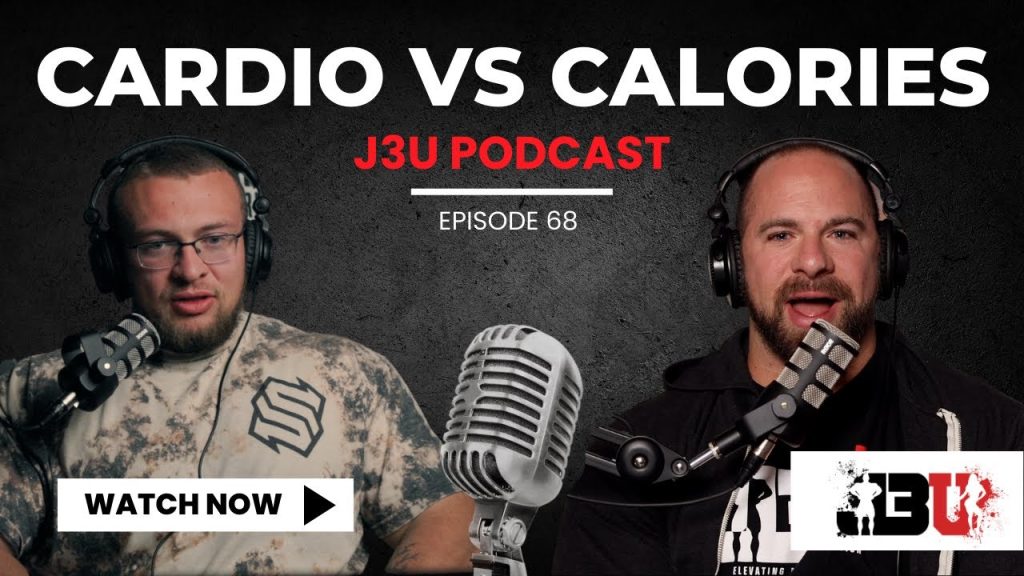
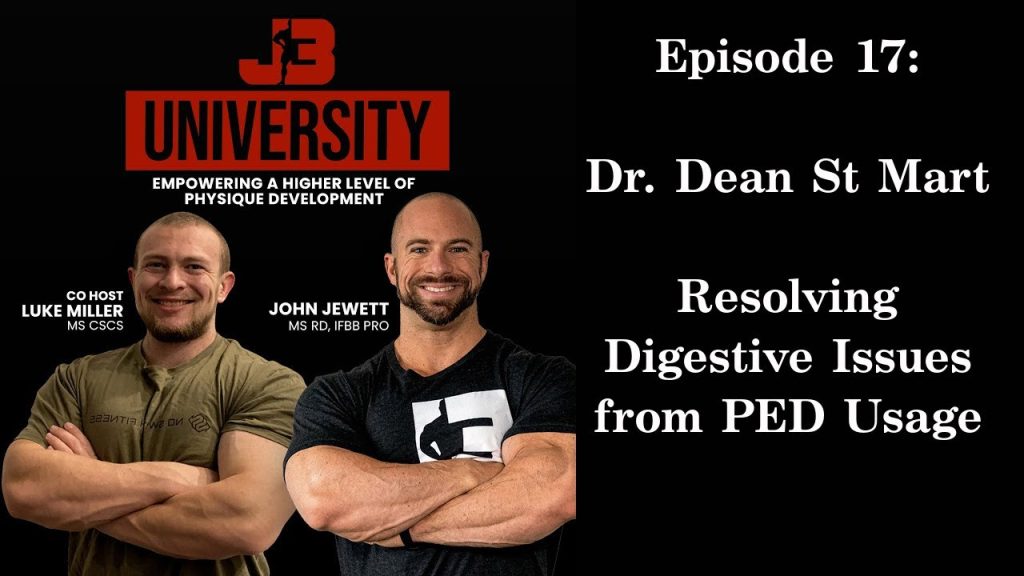
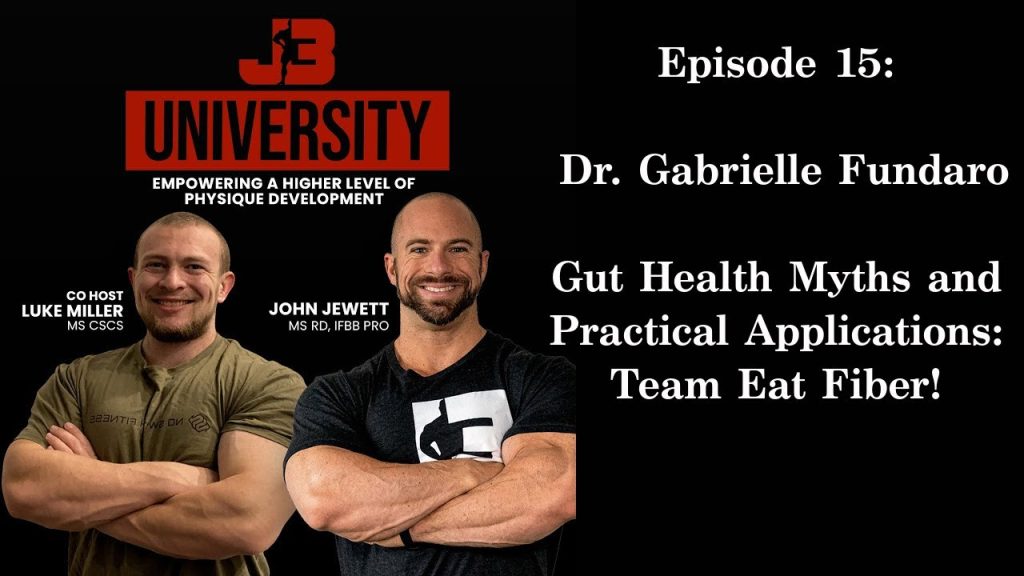
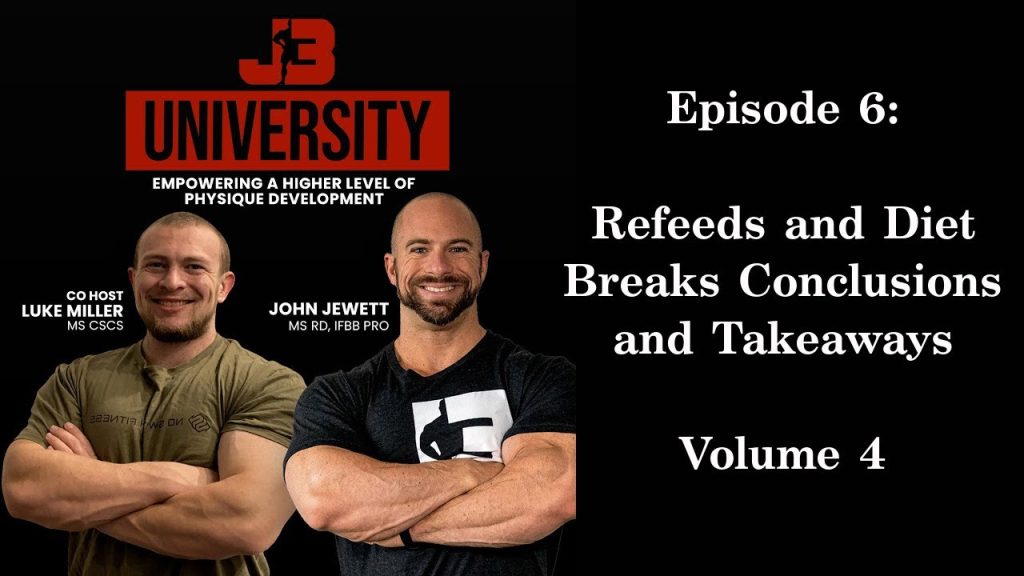
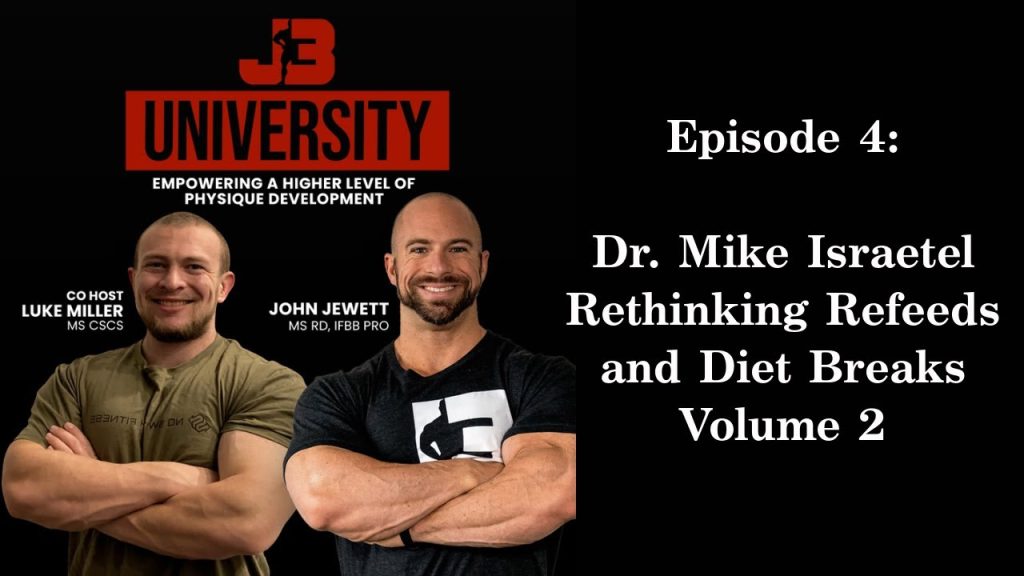
Responses